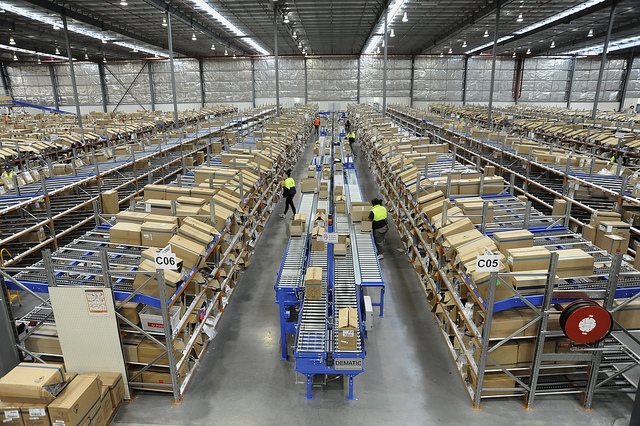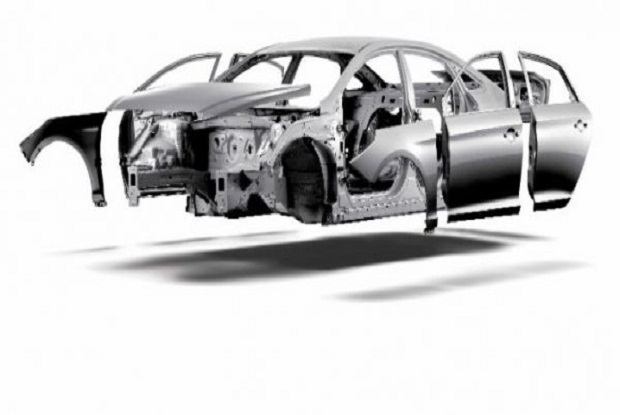
Waddington Europe, a Novolex business entity, produces thermoformed packaging for the food, non-food, and medical (non-clean room) industries.
It specializes in numerous food areas, including bakery, produce, meat, fish, and poultry, prepared foods, deserts, confectionery, and pet food.
Eduardo Gomes, managing director, told Packaging News that the soft fruit market is where Waddington Europe is seeing a lot of growth, despite the fact that fresh fruit sales are weather dependent; the volume of fruit that can be picked within a ‘normal’ season running from May to September is heavily dependent on weather conditions.
“And now the higher cost of living adds a further issue, as stores cannot pass on the sharp increase in total to the end consumer,” Gomes said. As a result, the approach is to price nearly the same as before but provide lesser sizes. This is a regular improvement made to try to reduce some of the expenditures.
“Cost rises are something we discuss with our customers virtually every day right now.” We need to know what they have planned for tomorrow and next week. Forecasts change from month to month, therefore maintaining regular contact and communication with our consumers is critical.”
Waddington Europe has been awarded Zero Waste to Landfill designation across all of its operations for the third year in a row.
This accreditation means that at least 99% of the trash generated on the site is diverted from landfills and reused, repurposed, composted, or converted to energy.
After a rigorous auditing process, Valpak, the official third-party auditor licensed to evaluate facility compliance with the Zero Waste to Landfill requirements, gave Waddington Europe the accreditation.
There are still certain supply chain problems for all firms related to raw materials.
“That covers not only polymer and recycled PET (rPET) prices, but also cardboard and liners for packing our products, electricity, and labor costs,” Gomes explained. We deal with these variations. For us, it’s about collaborating with clients rather than just focused on price.”
He stated that some cost-cutting measures have included tendering the entire haulage operation to achieve the best transport prices.
“We’ve also improved the cardboard box wrapping.” And, of course, we are always looking for methods to reduce the quantity of plastic in our products, which saves money while also being more environmentally friendly. These are just a few of the initiatives that have helped us get new clients.
In Europe, Gomes forecasts a continuous focus on packaging sustainability, and as a PET converter, he sees plenty of prospects, particularly in light of the UK Plastic Tax. “Existing food-grade packaging substrates like polypropylene (PP) and polystyrene cannot currently be recycled back into food-grade packaging without expensive chemical recycling techniques.” As a result, food processors and retailers are exploring for rPET) alternatives.
“For example, our recently announced ground-breaking high clarity Hot Fill rPET container, which can withstand temperatures of up to 130°C (266 F°), making it a handy packaging solution for microwavable sauces, soups, and ready meals, has sparked a lot of interest.”###


